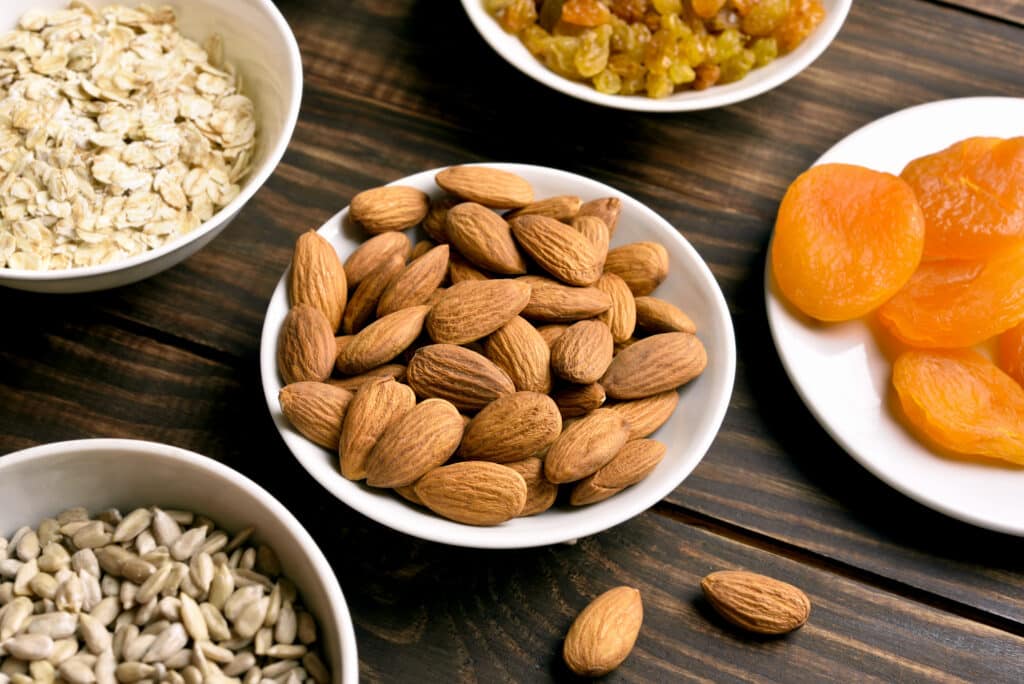Busy students usually experience challenges while trying to maintain good nutritional practices. Students who work while studying find it difficult to pay proper attention to their health and fitness. In addition to regular physical exercise, eating a healthy and balanced diet is crucial. However, for many students, this is easier said than done. The following tips will help you to adopt healthy nutritional habits while you study.
1. Make Sure You Eat Breakfast

Breakfast is the most important meal of the day. It supplies the energy, protein, fatty acids, vitamins, minerals, and dietary fiber that you need for the most productive hours of the day. Studies have shown that the type of breakfast you eat will determine the blood sugar level you have for rest of the day. Therefore, whether you are studying in a regular classroom or through online MSN programs, it is important to eat wholegrain carbohydrates, animal and plant protein, as well as healthy fats and fruits/vegetables. A typical breakfast could include whole grain cereals, yogurt, eggs, fish, nut butters, and apples.
2. Buy Healthy Snacks

You need to resist the temptation to eat unhealthy snacks, which can be found in most snack bars and burger shops on campus. Keep healthy snacks in your backpack so you can easily avoid the snacks with high sugar and fat content. You should opt for products that have more than 3g of fiber and less than 10g of sugar. Examples of healthy snacks include raw nuts, peanut or almond butter, nut and spice bars, and dried fruit.
3. Stay Hydrated

Drink plenty of water. During the day, you will lose more water than you are conscious of, so you must have a plan to drink sufficient water. Water will not only keep you hydrated, it will help you digest your food better. Proper hydration is needed for both modern online and traditional offline programs. For instance, while working on an online master of science in nursing program, drinking adequate water will keep your brain productive, and help to improve the circulation of blood and other body fluids. If you don’t enjoy drinking ordinary water, add some pure fruit juice to it to make it more palatable. Take a water bottle to class and refill it regularly.
4. Take Small Healthy Meals
Don’t overload your digestive system with food. It will make you feel very uncomfortable and reduce the flow of blood to your brain. Obviously, this will reduce concentration in class and decrease your mental productivity. Control your serving size when you are cooking for yourself or when you go to the dining hall. It is better to eat small meals frequently than to binge on a sumptuous meal. One of the best ways to avoid overeating is to plan your meals. A 5-meal per day plan will provide adequate nutrition and energy for your day. Your plan should include three balanced meals (breakfast, lunch and dinner) and two snacks (mid-morning and between lunch and dinner).
It does not matter how poor your diet has been. With the tips highlighted here, you can improve your nutrition. If you apply them, you will live a healthier and more productive life while you are studying.








